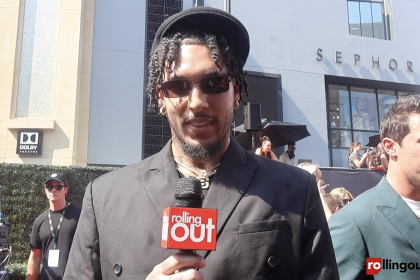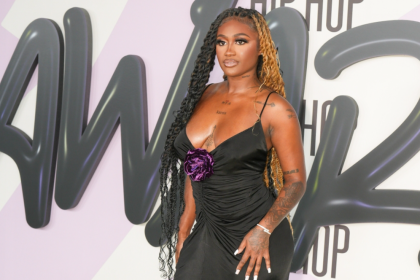“Real hip-hop.”
What is “real hip-hop” anyway?
As the genre that was birthed at Bronx, N.Y., block parties 40 years ago has become a global cash cow and culture influencer, there has been a strident movement among hip-hop “purists” to defiantly renounce any and all examples of hip-hop music that don’t fit into what they deem an authentic representation of the music and culture. It’s not unlike the derision that many classic jazz artists and fans heaped upon “smooth jazz” and fusion artists in the 1970s and ’80s; you’re watering down our music to make it more palatable to commercial tastes.
But how does one determine what is “pure?” Who decides this? If the Cold Crush Brothers are “real hip-hop,” how does that relate to OutKast or Mobb Deep? Are they not real hip-hop? Because the music that they make is very different from the sounds and styles of the Cold Crush Brothers and other hip-hop forbears. Is only the hip-hop steeped in the Afrika Bambaataa ethos and highlighted by the four elements “real hip-hop?” That seems like an impossibly narrow standard — especially considering the music has transcended its South Bronx origins and late 1970s aesthetics.
The great difficulty in adhering to the tastes or criticisms of “purists” is that, if every artist only followed the “rules” that were set forth by a genre’s originators, there would be little-to-no innovation. What if the Beatles hadn’t made Sgt. Pepper’s Lonely Hearts Club Band because it isn’t a “pure” rock & roll album. What if Miles Davis hadn’t embraced psychedelia and acid rock aesthetics on Bitches Brew because it wasn’t “pure jazz?” The Clash’s London Calling is one of the most celebrated albums of all time — a punk album that refused to be reined in by the restrictive sonic trademarks of punk.
Most often, artists that break free of what “purists” deem “authentic” are criticized for “selling out” or bastardizing an artform. It is only with the benefit of hindsight that the merits of their work is fully appreciated. When you look back, you can see how the change wasn’t a moment that destroyed an artform; it was actually a moment where the artform took a new and exciting turn into a different direction.
With the recent release of Kanye West’s controversial album Yeezus, there has been a lot of talk regarding whether or not it’s a real hip-hop album. West’s embracing of industrial sounds and goth aesthetics seems to make many fans uncomfortable. But hip-hop, like all art — is ever-changing. It’s not about boxing in creativity for the sake of preserving some misplaced sense of authenticity.
Every artist has to follow his own muse. Because after all, which is worse — striking out in a bold new direction or simply tracing what others have already done?













